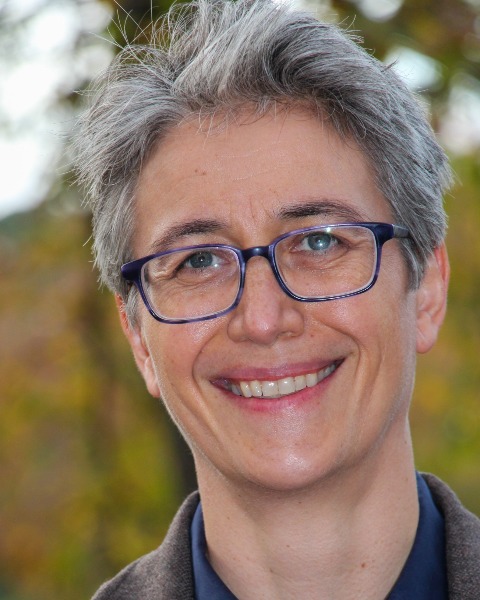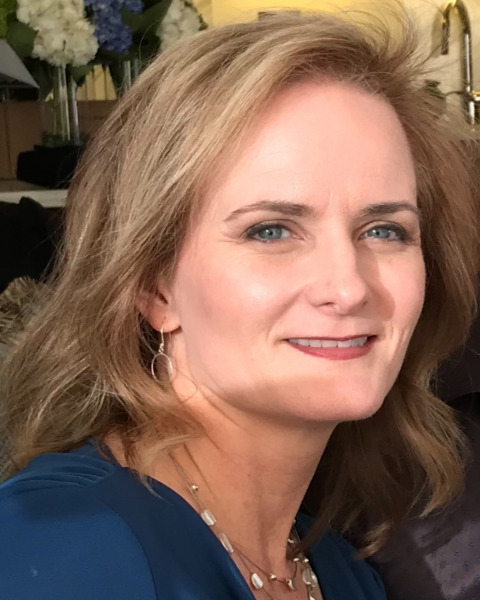Program Area: Behavioral and Social Sciences
Existing Data Sets for Family Caregiving and Bereavement Research: High-Value Applications and Key Considerations
-

Djin Tay, PhD, RN
Assistant Professor
College of Nursing
University of Utah
Salt Lake City, Utah, United States -

Rebecca Goodwin, JD, PhD Student
PhD Student
College of Nursing
University of Utah
Salt Lake City, Utah, United States -

Jane Lowers, PhD
Instructor
Palliative Medicine
Emory University
Atlanta, Georgia, United States -
BK
Brenna Kelly
Graduate Student
Geography
University of Utah
Salt Lake City, Utah, United States -

Caroline Stephens, PhD, RN, GNP, FGSA, FAAN
Helen Lowe Bamberger Colby Presidential Endowed Chair in Gerontological Nursing; Associate Professor
College of Nursing
University of Utah
Salt Lake City, Utah, United States -
.jpg)
Rebecca Utz, PhD
Professor
Sociology
University of Utah
Salt Lake City, Utah, United States -

Djin Tay, PhD, RN
Assistant Professor
College of Nursing
University of Utah
Salt Lake City, Utah, United States
Chair(s)
Discussant(s)
Individual Symposium Abstract First Author(s)
Aging and the end of life is marked by greater reliance on others to address increasingly complex care needs. At the end of life, nine in 10 caregivers are family members. Reliance on family caregivers will continue to increase as the home outpaces hospitals and nursing facilities as place of death. As the population ages and dependence on family caregivers increases, it is critical to examine the impact of family on aging and end-of-life experiences and conversely, the impact of end-of-life caregiving and bereavement on families’ health and well-being. Population-based data, such as registries that link administrative, health and vital records or nationally representative datasets, minimize the challenges of selection bias, low response rates, and underrepresentation of racial and ethnic minority groups that are common in prospective clinical research. However, few population-based datasets exist that can facilitate research on family caregiving. This symposium includes five presentations focused on the use of population-based data for family caregiving research-- the first examines the social and caregiving network of adults who age solo using the National Health and Aging Trends Study data. The next two presentations examine how family characteristics are associated with place of death and end of life treatment utilization among nursing home decedents using linked statewide data. The final two examine how family caregivers are impacted by different death and dying experiences in Utah and Denmark. Leveraging population-based data to understand the end-of-life dynamics within a family system has the potential to advance family caregiving research, clinical practice, and policy.
Learning Objectives:
- After attending this session, participants will be able to identify 2-3 methodological challenges and 1-2 population datasets available to conduct population-based caregiving research.
- After attending this session, participants will be able to identify 2-3 decedent characteristics associated with adverse end-of-life outcomes.
- After attending this session, participants will be able to identify 2-3 family member characteristics associated with adverse bereavement outcomes
Presentations:
-
3:30 PM – 5:00 PM ETInformal Care Networks Among Adults Aging Solo
Individual Symposium Abstract First Author: Jane Lowers, PhD – Emory University
-
3:30 PM – 5:00 PM ETFamilial and Sociodemographic Determinants of Place of Death: A Retrospective Study of the Utah Population Database
Individual Symposium Abstract First Author: Brenna C. Kelly – University of Utah
-
3:30 PM – 5:00 PM ETUtilizing Population Data to Characterize Nursing Home Decedents and Their Families at the End of Life
Individual Symposium Abstract First Author: Caroline E. Stephens, PhD, RN, GNP, FGSA, FAAN – University of Utah
-
3:30 PM – 5:00 PM ETHealth and Well-Being of Family Caregivers Following Hospice Use
Individual Symposium Abstract First Author: Rebecca L. Utz, PhD – University of Utah
-
3:30 PM – 5:00 PM ETSerious Mental Illness Exacerbation Post-Bereavement: A Population-Based Study of Partners and Adult Children
Individual Symposium Abstract First Author: Djin L. Tay, PhD, RN – University of Utah
